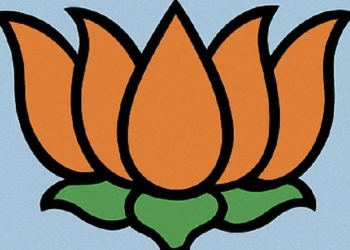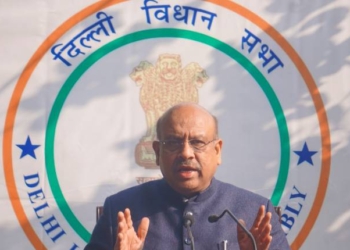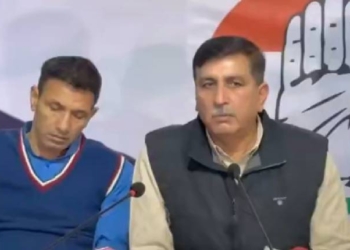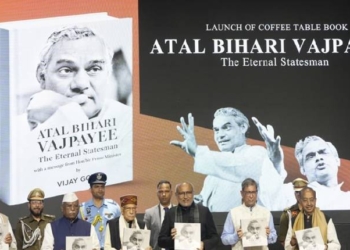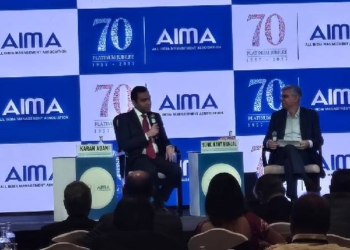New Delhi: The influencer spy network in India is deeper than one may have imagined, and the arrest of another YouTuber, Wasim Akram from Haryana, is a clear indication of that. The roping in of influencers into the ISI’s spy circle is a complete shift from the earlier methods that were used.
While all other mechanisms, such as honey trapping, blackmail, etc, are concerning, the roping of the influencers is far more dangerous. Along with information comes propaganda, which Pakistan desperately needs after being exposed.
An Intelligence Bureau official said that the ISI planned to rope in nearly 300 to 400 influencers with a huge following into their network. What is interesting is that these influencers are lured into the network more for likes and views rather than just money. It is a package deal, which involves money, free travel, and with this comes the likes and views.
The investigating agencies are keeping a close watch on many influencers and are trying to understand what kind of content they post. The content does not necessarily have to be anti-India. However, it is pro-Pakistan, and such content is circulated widely in Pakistan, and this is what has been boosting views and likes.
It all began with the arrest of YouTuber Jyoti Malhotra by the Haryana police. This led to more arrests, and more information about the modus operandi began spilling out.
Investigations have revealed that there is a team that has been set up in Pakistan just to identify influencers. A thorough check of these persons is carried out, and once they realise that these people are vulnerable, the Pakistan High Commission in India is informed about the same.
It is then the duty of the official at the High Commission to get in touch with these influencers. Once that is established, they are invited over to get together at the High Commission. Following this, they are offered a free trip to Pakistan, and all arrangements for the visa were made.
An official said that the ISI identifies only those influencers who care about likes and views. The promise of free travel and the assurance of a large number of views and likes is sufficient for these influencers to fall trap.
Once in Pakistan, they are asked to make videos praising the country, its culture, cuisine, etc. The ISI also ensures that these persons are paid for putting up such content. Once the money bait is bitten, then the second part of the trap begins.
Using this to blackmail, these persons are asked to dig out information and pass it on to Pakistan. Once they reach this stage then it becomes a point of no return. However, in these cases, the ISI prefers the propaganda that the videos create rather than the information that the influencers bring in.
The reach of these influencers is massive, and once these videos are made, it only increases with more subscriptions from Pakistan and Pakistanis across the globe.
For instance, Jyoti Malhotra at the time of her arrest had 381,000 subscribers. In the case of another influencer spy, Jasbir Singh, the number was at 1.1 million. What the ISI achieves from such videos is propaganda. They circulate these videos with the message that Pakistan is not as bad as it is being made out to be. It also helps them cover up the many other videos that show Pakistan as a failing economy.
Such videos by these spies help cover that narrative, and they try and portray how prosperous the country is and how their heritage and culture are.
Following these arrests, security agencies are discussing how much is too much when it comes to these influencers. The ISI is aware that due to what they do, there is very little scrutiny on them, and these persons get a lot of access under the garb of making videos. This comes in handy when the ISI wants to gather Intelligence regarding India.
During Operation Sindoor, such influencers were found to be providing real-time Intelligence regarding the Indian military movements and details about the cantonments. Such influencers can gather this information easily when compared to traditional spies, as there is very little suspicion of them.
(IANS)





